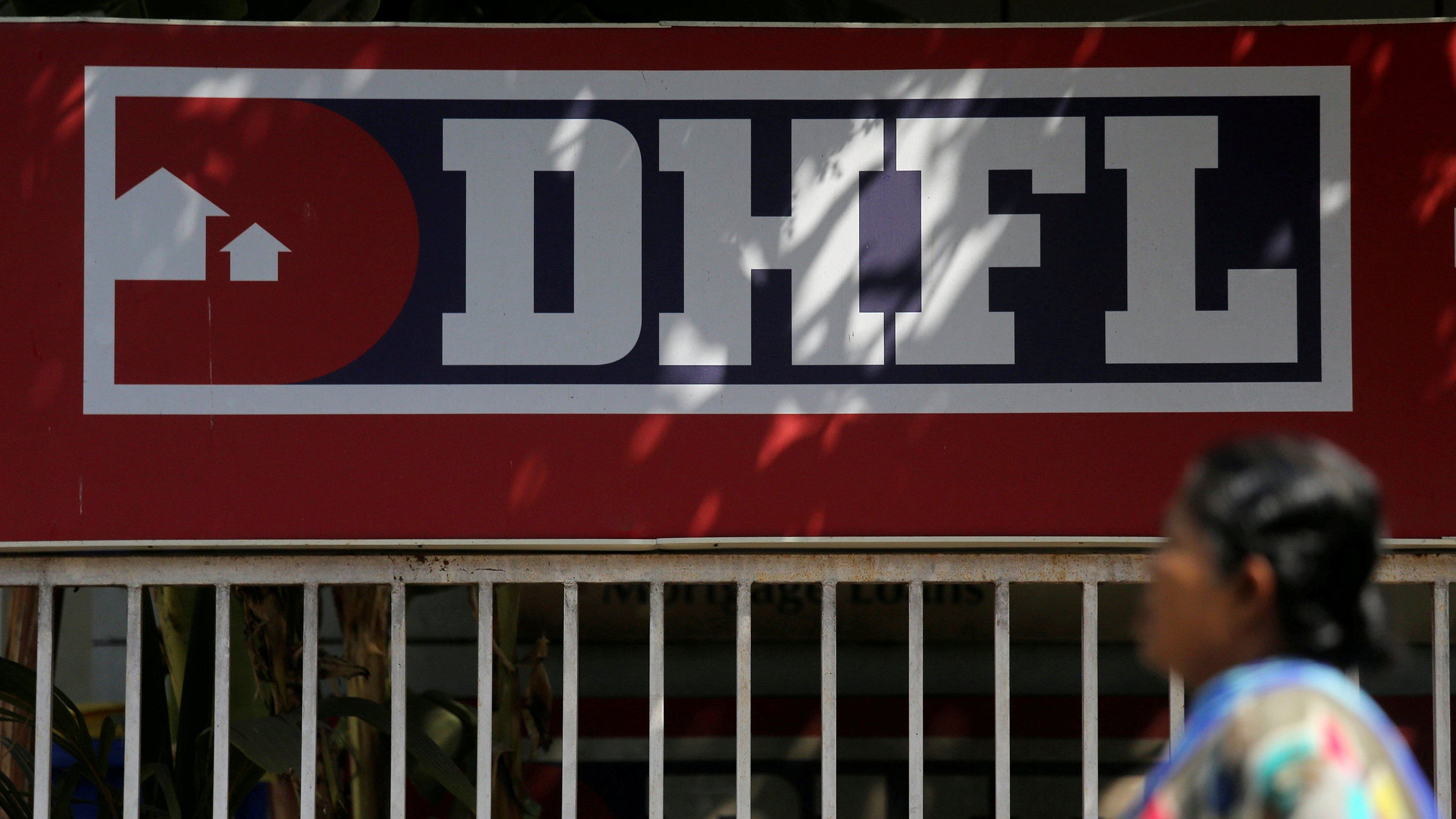
Kapil Wadhawan and Dheeraj Wadhawan, the former promoters of DHFL, are in fresh trouble with the CBI registering the biggest bank fraud case—running into Rs 34,615 crore—in its history against the troubled businessmen who are now accused of cheating a consortium of 17 banks.
The agency carried out searches at 12 locations in Mumbai on Tuesday, a day after registering a 33-page FIR that named the Wadhawans, Sudhakar Shetty, DHFL and nine linked companies as well as unknown public servants and private persons who allowed them to allegedly siphon off crores of rupees that were loaned to the housing finance company.
Already under the CBI scanner for their alleged involvement in a corruption case in which Yes Bank founder Rana Kapoor is named, the agency received a complaint from Union Bank of India, the lead bank in the consortium that gave loans to Wadhawans, on February 11 this year.
According to the CBI, Wadhawans and others entered into a “criminal conspiracy to cheat” the consortium of 17 banks.
“Kapil Wadhawan and others induced the consortium banks to sanction huge loans aggregating to Rs 42,871.42 crore amd siphoned off and misappropriated a significant portion of the said funds by falsifying the books of the DHFL and dishonestly defaulted on repayment of the legitimate dues of the said consortium banks, thereby causing a wrongful loss of Rs 34,615 crore to the consortium lenders,” the FIR claimed.
The agency has invoked Section 120-B (criminal conspiracy), 409 (criminal breach of trust), 420 (cheating), 477-A (falsification of accounts) and provisions of Prevention of Corruption Act against those named in the FIR.
In its complaint that is part of the FIR, the Union Bank has alleged that the accused have indulged in “misrepresentations, concealment of facts, criminal breach of trust and abuse of public funds” to cheat the consortium of Rs 34,614.88 crore.
The complaint said reports emerged in January 2019 about serious allegations of fraud by way of diversion, round tripping and siphoning off funds by DHFL and the consortium engaged KPMG as auditor and Alwarez & Marsal as Agency for Special Monitoring.
The KPMG report claimed that large amounts were disbursed as loans and advances by DHFL to a number of “inter-connected entities and individuals with commonalities to DHFL promoter entities, which were used for purchase of shares/debentures. Most of the transactions of such entities/individuals were in the nature of investments in land/properties.
The reports by KPMG and Alwarez & Marsal indicated “significant financial irregularities, diversion of funds through related parties, fabrication of books to show fraudulent nonexistent retail loans round tripping of funds and utilisation of diverted amounts for creation of assets by the Wadhawans and their associates.
It said initially a consortium of 29 banks were formed on 24 July, 2010 and as on 31 July, 2020, there were 17 member banks, which together gave credit facilities to the tune of Rs 42,871.42 crore. However, it claimed, DHFL defaulted on repayment and banks declared its accounts as Non-Performing Asset as well as fraud on different dates.
The loans were sanctioned by banks across the country from New Delhi, Mumbai, Kochi, Ahmedabad, Kolkata, Pune, Chennai, Hyderabad, Mangaluru and Bengaluru.
Giving examples, the complaint said, SBI sanctioned credited facilities of Rs 9,898.76 crore, the highest among consortium banks, while Punjab National Bank sanctioned Rs 3,802.90 crore and both remained unpaid and outstanding. UCO Bank gave Rs 500 crore and its outstanding was Rs 557.49 crore while Punjab Sind Bank gave Rs 1,385 crore, out of which Rs 815.44 crore remain unpaid.
